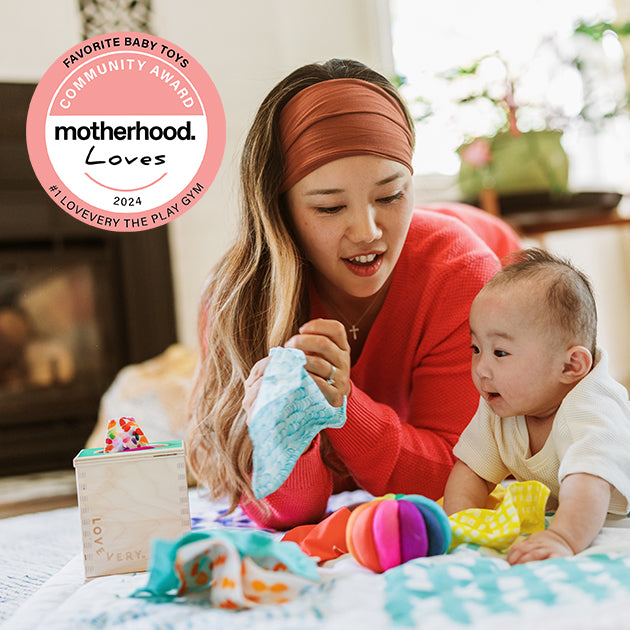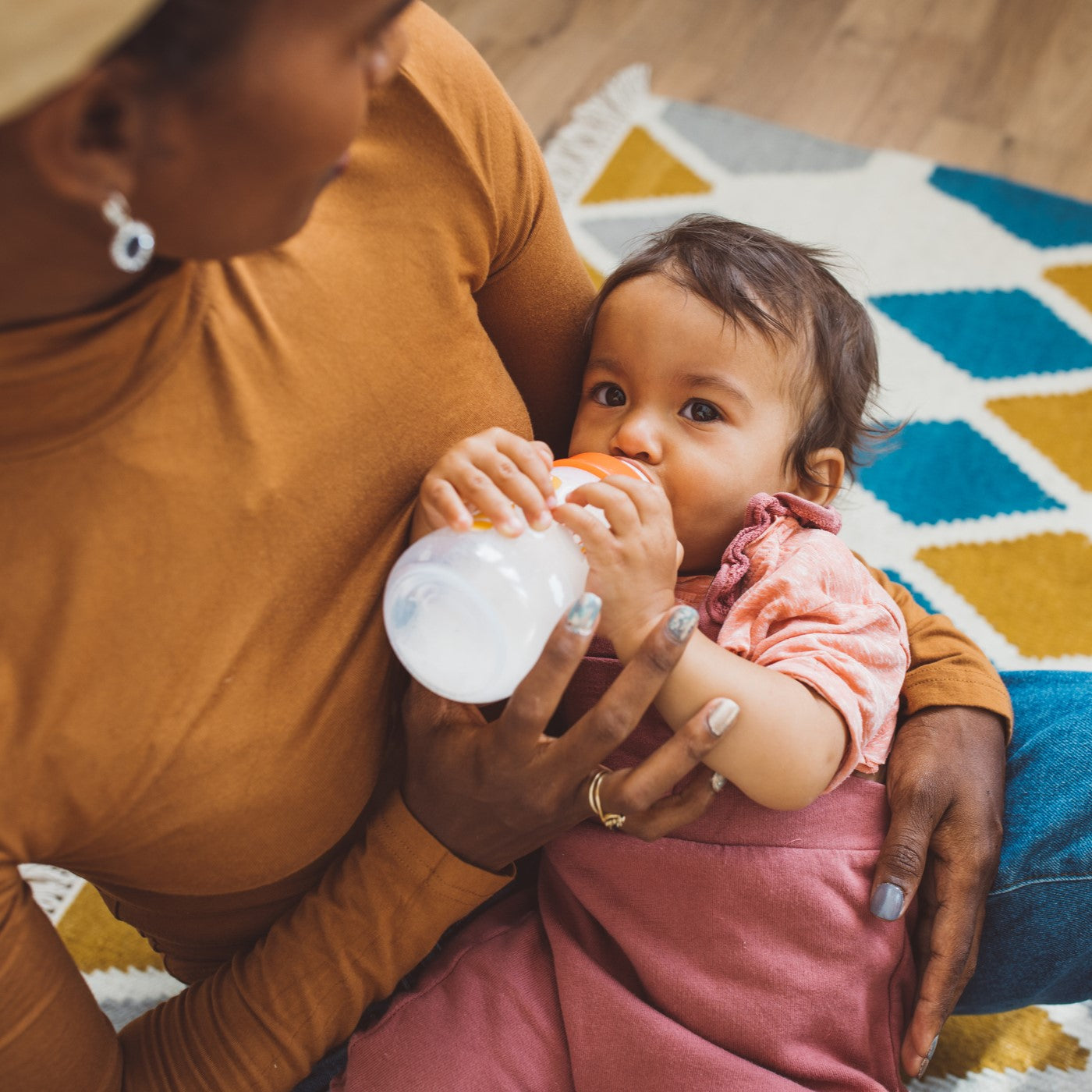What is gestational diabetes? What does it mean for me and my baby?
When you move into the second half of your pregnancy journey, around the 20-week mark, the concern for gestational diabetes comes up for many women.
The concern with gestational diabetes is for your baby and their health. Whether you have diabetes or not, it's always important to focus on your health.
Having gestational diabetes, means you have sugar in your blood that your own insulin can't suppress. Your baby's insulin works just fine, but they are now being exposed to your high sugar levels.
Because of this exposure, your baby must increase their insulin to suppress all that sugar and metabolize it as normal.
Insulin is also a growth factor, which leads to problems for your growing fetus. The more insulin the baby's pumping out, the bigger the baby is going to get. The bigger the baby, the harder it is to get that baby out vaginally or even via C-section.
Once your baby is born, It can be a shock to their system, because they’re still functioning with the expectation of those increased sugar levels. Their insulin production is high, and now their body will drop its normal sugar levels to even lower. They will need to be monitored very closely. Sometimes breastfeeding will not be sufficient because mom won't be able to make enough to keep up with the calorie requirements that a baby in that situation will need.

How does diet and exercise impact the risk of developing gestational diabetes?
The best thing to do for you and baby is to eat well throughout the whole pregnancy, but of course, that’s so much easier said than done. My perspective is that nutritional health for pregnancy is really about making better decisions throughout.
Let’s say every night you like to come home and enjoy a bowl of ice cream, that’s something that brings you joy. You don’t need to stop that habit entirely right away. Maybe you cut it down to just three nights a week, and then maybe you get to a point where it's like two nights a week, and then you feel great having it just once a week. Those conscious decisions really matter.
But maybe you can’t cut the ice cream out – I know that feeling, too, when there’s a food that we’re really connected to and it’s a struggle to give up. And then being pregnant and trying to make these healthy choices? Of course, it’s not going to be easy.
What helps for your health and your baby is after you finish that scoop, you need to go out and do at least a 30-minute walk. Take a good walk to immediately start burning off that extra sugar that you just brought into your body. By doing that, it'll keep your insulin levels from needing to skyrocket. Your insulin will be brought down to a more normal level because it won't have to fight so hard to burn off that sugar thanks to your activity. Being active after consuming a concentrated amount of sugar will help your body find balance.
For the sake of avoiding gestational diabetes, during pregnancy the most beneficial time to exercise is after eating. Take a walk after lunch or dinner, make it a part of your routine.

I’m not able to go out on walks – what are my other options?
If walking isn’t possible, whether that be related to where you live or your work schedule, there are still many ways to get your heart rate up.
I swear, almost every single fitness personality has an Instagram TV station that is rocking and rolling with exercises. You can find anything online: prenatal yoga, dance exercise, body weight exercises. The internet is your friend when you’re looking to get active. All of that can be done inside, and you can search to find exercises that are at an appropriate level of difficulty for you.
If you can’t get to a gym and videos aren’t for you, try just walking around the house, or even climbing your stairs. If you're in the city and you live in an apartment complex, you can walk up and down the hallway. If you have access to a terrace or roof deck, you can go up and do some squats and lunges. Get in some toe taps, some up and down stretching, whatever you can do to get your heart rate up for at least 20 to 30 minutes.

What if I find exercise difficult during pregnancy?
I know so many women who had core exercise habits before they got pregnant and then in their first trimester stopped exercising for different reasons – feeling too nauseous, tired, or life got in the way.
But around the 20-week mark, exercise is crucial. It can be so difficult to find your way back to an exercise routine if you’ve had to step away from that. The good news is there are so many gentle, effective workouts to ease back into fitness during your pregnancy.
I highly recommend prenatal yoga because it's so easy to transition into, as well as walking. Apart from those who are wheelchair-bound, we all walk throughout our day. So, increasing that step count is easier than immediately trying to go back to your pre-pregnancy workouts. It’s important to get those longer walks in, and find time throughout your day to stand up, move around, maybe even do some high knees in your apartment. The more you move, the more of a habit it will become and the easier it’s going to feel.
It's important to note that taking care of your body post working out can also make the workout more enjoyable. Be mindful of your aches and pains. Heating pads can be helpful, but never apply heat to the actual belly itself. You don't want any heat around the baby. But on your back, hips, and legs, that can really help with any tension after exercise. A nice warm bath – not a hot bath, just a warm bath – can also help you muscles relax. And then when you’re out of the tub, try and do some stretching to take care of your warmed-up muscles.







